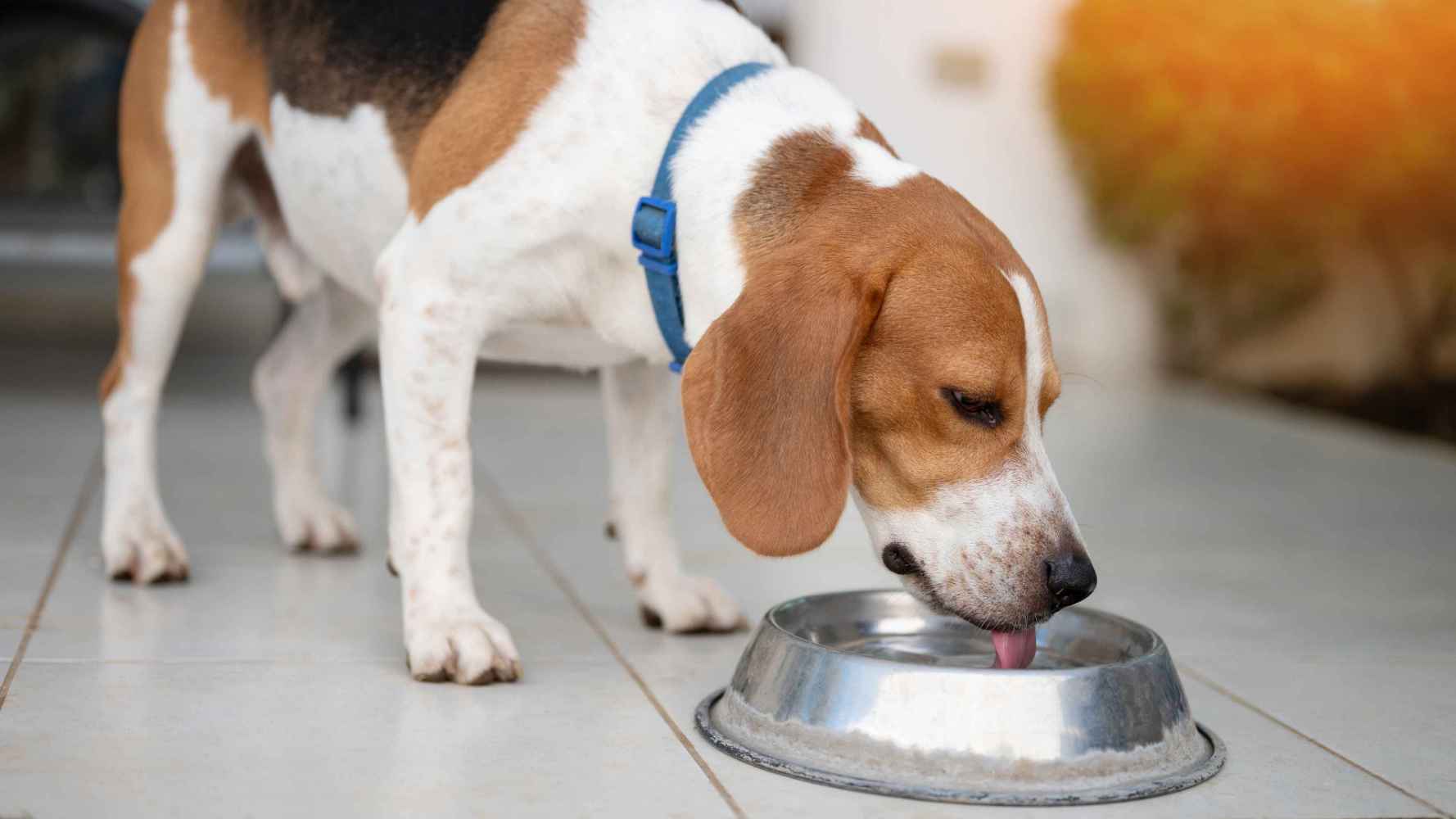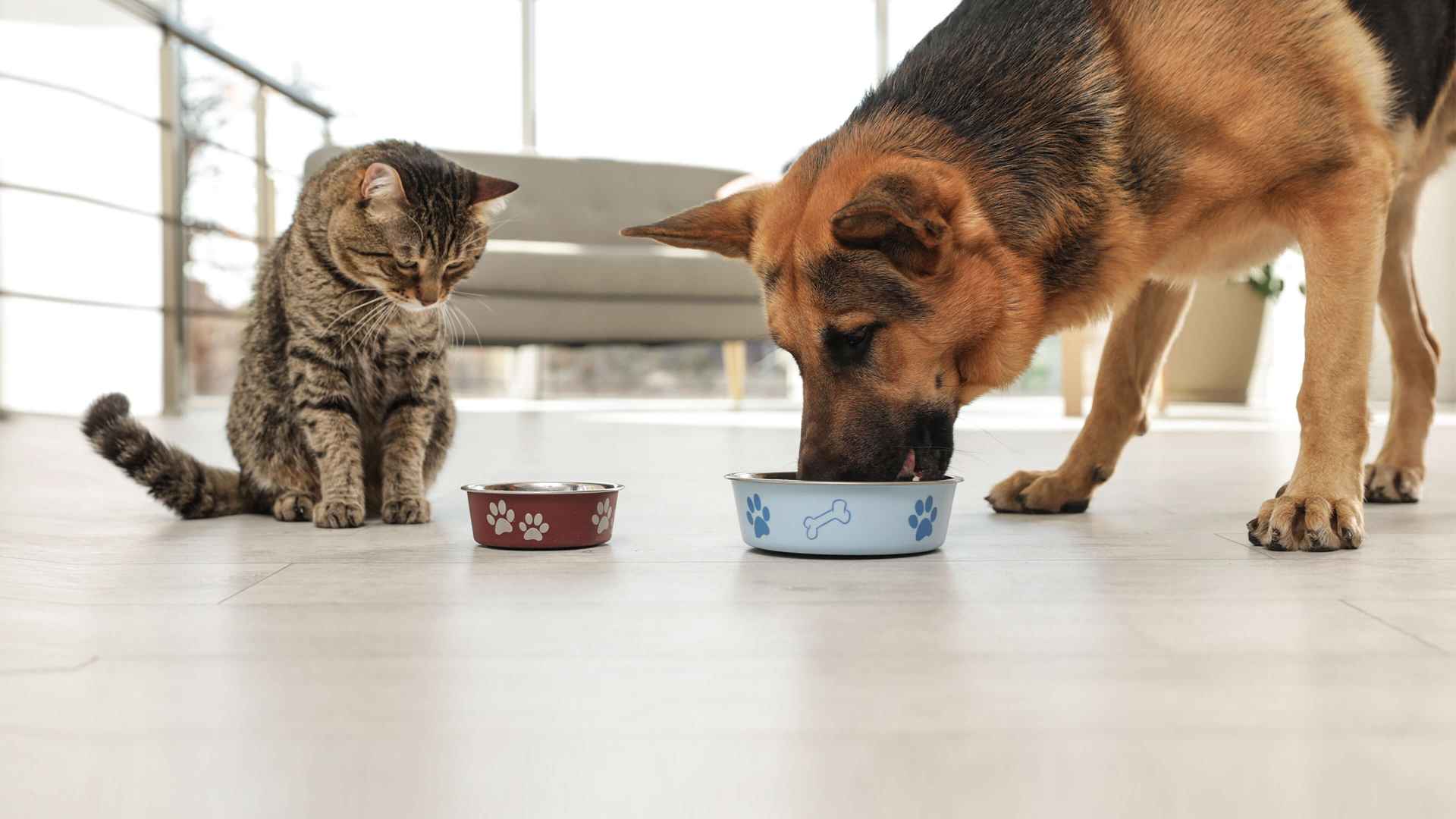Aspectos básicos sobre la salud renal de las mascotas 101: signos de insuficiencia renal
En esta publicación del blog, trataremos los signos comunes de los problemas renales en las mascotas y veremos cómo ayudar a su amigo peludo con su salud general.
Signos comunes de la insuficiencia renal
Los signos más comunes de un problema en los riñones de su perro o gato son el aumento de la sed y la pérdida de peso inexplicable. Otros signos incluyen cambios en el patrón de micción, como en la frecuencia o la cantidad, vómitos, diarrea, letargia o mal aliento.
Cuando se trata de una enfermedad renal crónica, a veces vemos signos adicionales como:
- Pérdida muscular
- Encías pálidas
- Disminución del apetito
- Úlceras bucales
- Estreñimiento
- Cambios en la visión o ceguera
Si observa que su pequeña bola de pelos muestra alguno de estos signos, es importante que lo converse con un veterinario. Este le dirá los pasos que debe seguir (más información sobre eso a continuación).
Causas de la insuficiencia renal
En muchos casos, no hay demasiado que el dueño de un gato o un perro pueda hacer para prevenir la enfermedad renal. A veces, los problemas renales aparecen con la edad o pueden estar relacionados con una enfermedad subyacente.
Estas son algunas de las causas frecuentes de los problemas renales:
- Hemorragia
- Enfermedades congénitas
- Leucemia felina
- Virus de la inmunodeficiencia felina (VIF)
- Leptospirosis
- Enfermedades por garrapatas
- Toxinas ingeridas
- Enfermedades inmunomediadas
- Dietas inadecuadas
- Enfermedades crónicas
- Falla cardíaca congestiva
- Daño intersticial (por una reacción alérgica o infección)
- Lesión vascular
Cómo apoyar a su perro o gato
Si sospecha que su perro o gato tiene un problema renal, es importante que se comunique con su veterinario lo antes posible. Si no recibe tratamiento, la insuficiencia renal podría causarle a su mascota complicaciones a corto o largo plazo.
Para saber si su mascota tiene un problema renal, su veterinario hará un examen, realizará un estudio hematológico y solicitará un análisis de orina (urianálisis). También podría recomendarle un urocultivo o un estudio de imágenes, dependiendo de cuál sospeche que podría ser el problema.
Si a su mascota se le diagnostica enfermedad renal, su equipo veterinario elaborará un plan de tratamiento que puede incluir fluidoterapia, una dieta terapéutica, medicamentos o monitoreo. Recuerde: La prevención temprana le brinda la mejor oportunidad a su mascota para sentirse mejor.
 Ácaros y sarna
Ácaros y sarna Pódcast: Not Just Fluff
Pódcast: Not Just Fluff












